Experience the cultural richness of Visiting Indonesia During Ramadan. Explore vibrant Ramadan bazaars, indulge in traditional delicacies, and witness unique festivities that showcase the spiritual and communal essence of this sacred month.
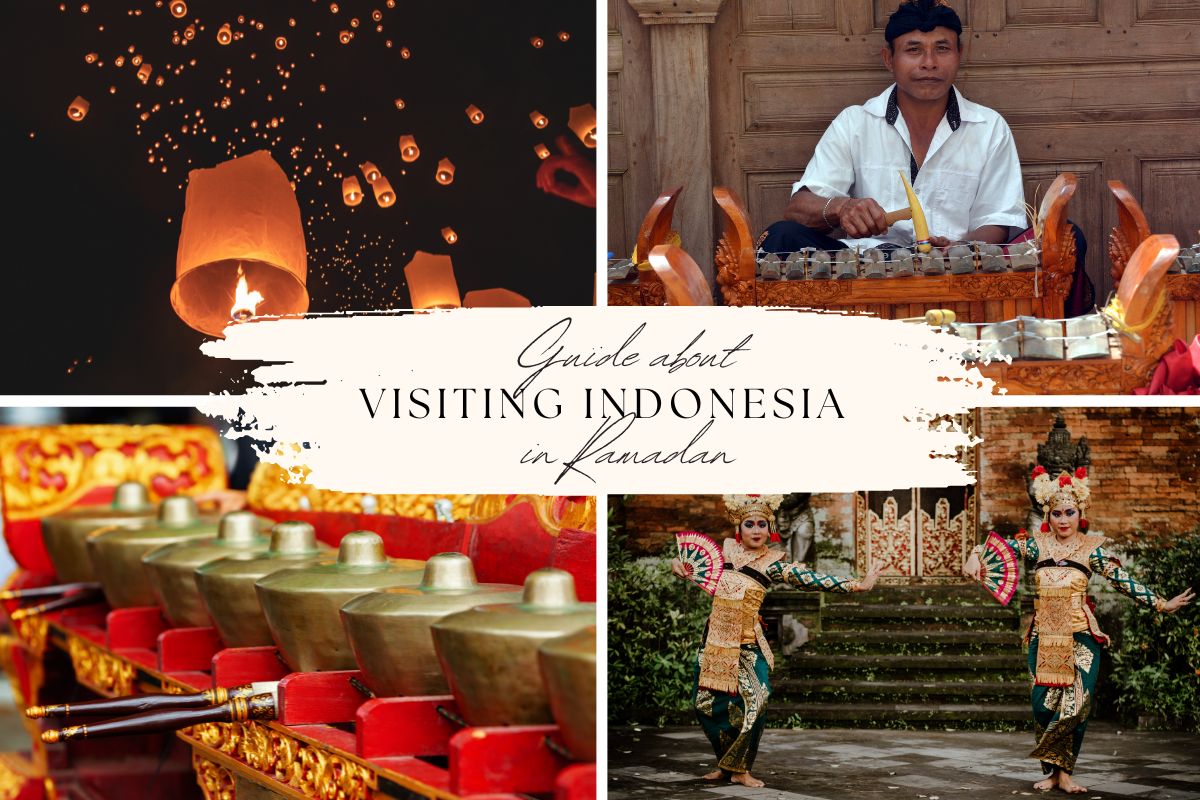
Why is Ramadan in Indonesia full of Joy?
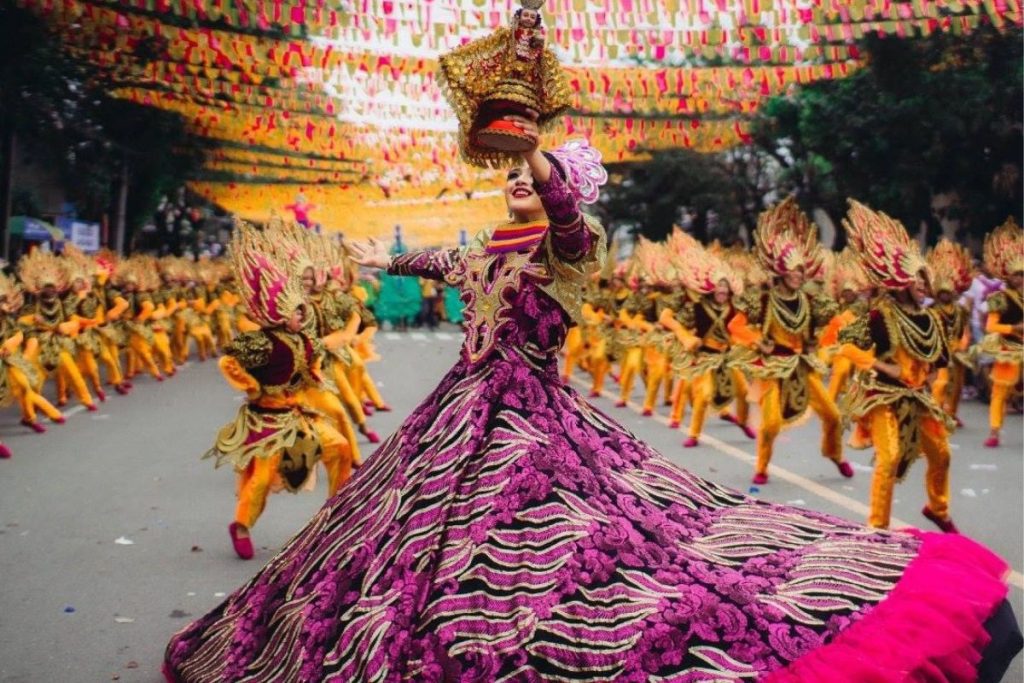
Ramadan in Indonesia is a jubilant amalgamation of religious reverence and cultural exuberance. The joy emanates from the collective spirit of the nation as Muslims engage in heightened spiritual practices, deepening their connection with Allah. The streets come alive with vibrant Ramadan bazaars, offering a plethora of traditional delights, creating a sensory feast for locals and visitors alike.
The celebrations extend beyond the breaking of the fast, with community iftars fostering a sense of unity. Families, friends, and neighbors gather to share meals, reinforcing bonds. Traditional performances, such as Wayang Kulit and Gamelan music, enrich the cultural tapestry, infusing the air with melodies that resonate with both spirituality and heritage.
The emphasis on charity, a core tenet of Ramadan, adds to the festive atmosphere. Indonesians actively participate in philanthropic endeavors, contributing to a heightened sense of compassion and generosity. The diverse cultural landscape of Indonesia further enriches the celebrations, with each region adding its unique flavor to the festivities.
In essence, Ramadan in Indonesia is a mosaic of joy, blending the sacred with the cultural, creating an uplifting atmosphere that permeates every corner of the archipelago. The unity, compassion, and cultural vibrancy make Ramadan a truly special and joyous occasion in Indonesia.
Religion Structure of Indonesia
Indonesia is known for its religious diversity, and several religions are practiced within the country. The main religions in Indonesia include:
- Islam: The majority of Indonesians practice Islam, and it is the largest religion in the country.
- Christianity: There are significant Christian communities in Indonesia, with various denominations such as Protestantism and Catholicism.
- Hinduism: Hinduism is primarily practiced on the island of Bali, where the majority of the population adheres to this religion.
- Buddhism: Buddhism is followed by some communities, especially in areas like Java.
- Confucianism: Confucianism is also recognized as one of the official religions in Indonesia.
The Indonesian government officially recognizes these five religions, and the country embraces a philosophy known as Pancasila, which promotes unity in diversity and tolerance among different religious and ethnic groups.
Turizm Flow in Indonesia
Tourism in Indonesia serves as a vital economic driver, contributing significantly to foreign exchange revenues. The country has established itself as a prominent player in the global tourist industry, ranking favorably in terms of growth and competitiveness. Notable cities like Denpasar, Jakarta, and Batam have experienced substantial increases in tourism, showcasing Indonesia as a dynamic and fast-growing destination.
With its rich and diverse culture, highlighted by performances such as the Barong dance in Bali, Indonesia attracts millions of international visitors each year. The top sources of tourists include neighboring countries like Singapore and Malaysia, as well as nations like China, Australia, and Japan.
Indonesia’s tourism sector has earned recognition globally, ranking competitively in the Travel and Tourism Competitiveness Report. While excelling in natural and cultural resources, the country faces challenges in infrastructure development and areas like health, hygiene, and environmental sustainability.
The Indonesian government has prioritized tourism development, focusing on key destinations such as Borobudur, Labuan Bajo, and Lake Toba. This initiative aims to attract foreign investment and boost domestic tourism, emphasizing the diverse offerings of Indonesia’s landscapes and cultural heritage.
Internationally, Indonesia has received accolades, featuring prominently in travel rankings. Lonely Planet’s acknowledgment as the seventh-best country to visit and TripAdvisor’s recognition as the fourth-best destination globally underscore Indonesia’s enduring appeal.
The allure of Indonesian tourism lies in its vast archipelago of 17,508 islands, offering natural wonders like Bali’s beaches, Bunaken’s diving sites, Mount Bromo’s landscapes, and Lake Toba’s tranquility. Coupled with cultural gems such as the Prambanan and Borobudur temples, Toraja, Yogyakarta, and Bali’s vibrant festivities, Indonesia provides a rich tapestry of experiences.
Overseen by the Ministry of Tourism, Indonesia’s tourism campaigns highlight tropical destinations, white sand beaches, and cultural attractions. However, challenges persist, including the development of infrastructure across the archipelago, preservation of local traditions, and occasional setbacks due to security concerns. Despite these hurdles, Indonesia has demonstrated resilience, rebounding from setbacks and maintaining its status as an attractive and diverse travel destination.
Reasons Behind Visiting Indonesia During Ramadan
Explore the unique allure of Indonesia by visiting during Ramadan. Reasons behind visiting Indonesia during Ramadan include experiencing vibrant Ramadan bazaars, partaking in cultural festivities, and witnessing the harmonious blend of religious devotion and traditional celebrations. Engage in community iftars, savor traditional delicacies, and immerse yourself in the joyous atmosphere, where the spirit of togetherness and cultural richness unfolds against the backdrop of spiritual significance. Discover Indonesia’s diverse traditions and the warm hospitality that makes Ramadan a truly enchanting time to visit.
Here here some of the main Reasons:
Feel the glory of Lantern Festivals
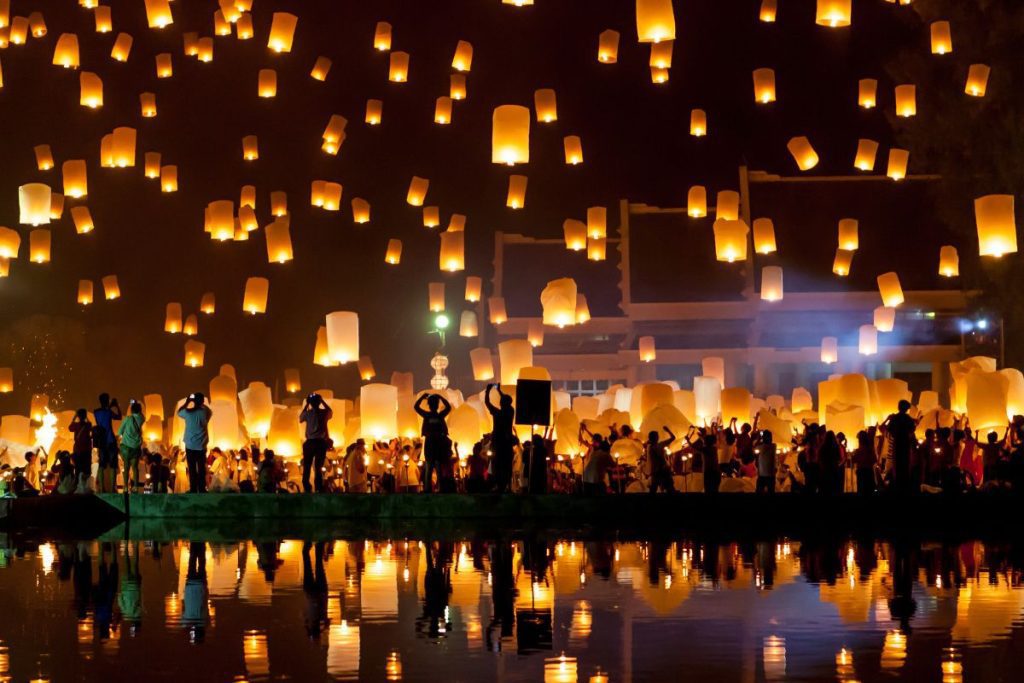
While Ramadan is primarily a month of fasting, prayer, and reflection for Muslims, lantern festivals are not specifically associated with this holy month in Indonesia. Instead, lantern festivals are more commonly associated with other cultural and religious celebrations, such as Chinese New Year or the Lantern Festival in some regions.
In Indonesia, the Lantern Festival, often referred to as “Cap Go Meh,” is particularly celebrated in Chinese-Indonesian communities. This festival marks the end of the Chinese New Year celebrations, usually falling on the 15th day of the lunar new year. The festival is known for its vibrant parades, cultural performances, and the display of beautiful lanterns.
Here are some details about the Lantern Festival, especially as celebrated in Chinese-Indonesian communities:
Lantern Displays: Colorful lanterns of various shapes and sizes are hung or displayed in public spaces, adding a festive and illuminated atmosphere to the celebrations. These lanterns often come in the form of animals, flowers, and other intricate designs.
Parades: Lantern Festival parades are common, featuring traditional Chinese performances, lion and dragon dances, martial arts demonstrations, and cultural displays. Communities come together to watch and participate in these lively processions.
Traditional Performances: Cultural performances, such as traditional music, dance, and theatrical presentations, are an integral part of the Lantern Festival celebrations. These performances showcase the rich cultural heritage of the Chinese-Indonesian community.
Food and Snacks: As with many festivals in Indonesia, food plays a central role in the Lantern Festival. Street vendors and markets offer a wide array of traditional Chinese and Indonesian snacks, creating a festive culinary experience.
Fireworks: The festival is often marked by colorful fireworks displays, lighting up the night sky and adding to the celebratory atmosphere.
It’s essential to note that the Lantern Festival is not exclusive to Ramadan, and its celebration is more closely tied to Chinese cultural and religious traditions. As Indonesia is home to diverse communities and cultures, the specific celebrations and traditions can vary across different regions and ethnic groups.
“Takbiran” Tradition of Indonesia in Ramadan
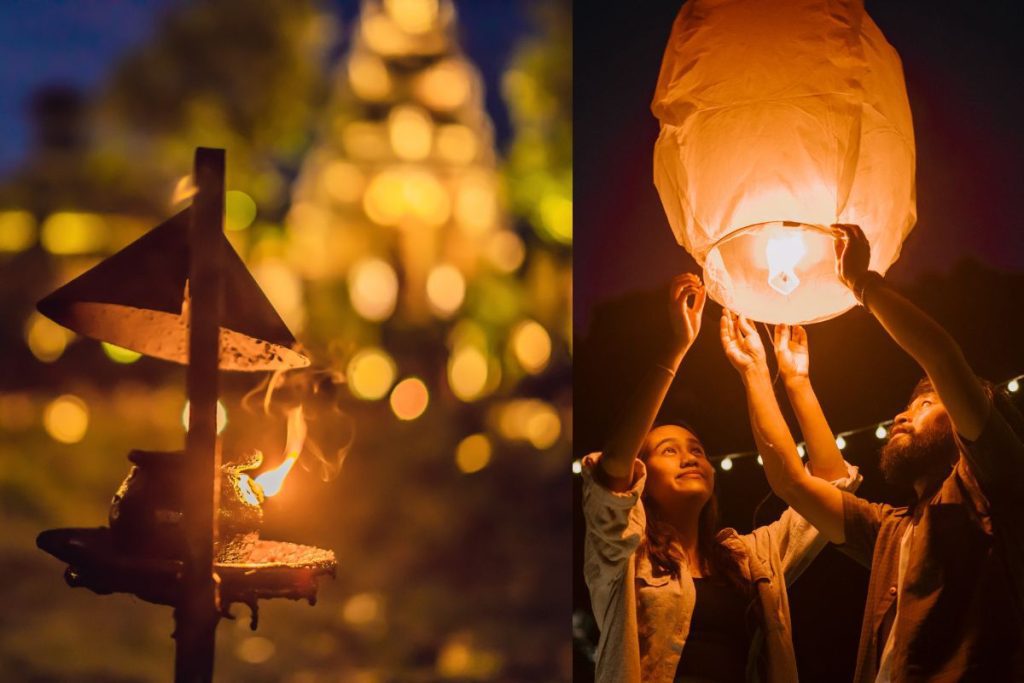
Takbiran is a significant and joyous tradition in Indonesia that takes place on the eve of Eid al-Fitr, which marks the end of the holy month of Ramadan. This tradition involves the chanting of “Takbir,” which are praises to Allah, and it plays a crucial role in the festive atmosphere leading up to the celebration of Eid.
Here are some details about Takbiran Traditions in Indonesia:
Eve of Eid al-Fitr: Takbiran typically occurs on the 29th or 30th night of Ramadan, depending on the sighting of the moon. This is the night before the actual celebration of Eid al-Fitr.
Chanting Takbir: Muslims gather in mosques, open spaces, and sometimes on the streets to collectively chant Takbir. The Takbir consists of phrases praising Allah, declaring His greatness, and expressing gratitude. The most common phrase is “Allahu Akbar,” meaning “Allah is the Greatest.”
Parades and Processions: Many communities organize parades and processions during Takbiran. Participants, often dressed in traditional attire, move through the streets, chanting Takbir, and creating a festive and celebratory atmosphere. These parades may include drum performances, traditional music, and other cultural elements.
Community Involvement: Takbiran is a community event, and people of all ages actively participate. Families, friends, and neighbors come together to join in the Takbir chants, fostering a sense of unity and togetherness.
Decoration and Lights: Streets and public spaces are often adorned with festive decorations and lights, creating a visually vibrant environment. Buildings, mosques, and homes may be illuminated with colorful lights, adding to the celebratory ambiance.
Spiritual Significance: Takbiran is not just a joyful celebration; it also holds deep spiritual significance. It is a way for Muslims to express their gratitude to Allah for the strength and discipline shown during the month of fasting. It symbolizes the joy and triumph of completing Ramadan and the anticipation of celebrating Eid al-Fitr.
Preparation for Eid: Takbiran marks the transition from the month of Ramadan to the day of Eid al-Fitr. It is a time for reflection, prayer, and preparation for the upcoming celebrations, including the special Eid prayer, giving of Zakat al-Fitr (charitable donations), and festive meals with family and friends.
Takbiran is a moment of collective celebration and reflection, bringing communities together in the spirit of gratitude and joy as they prepare to welcome the festival of Eid al-Fitr.
Shopping Fest in Ramadan Bazaars
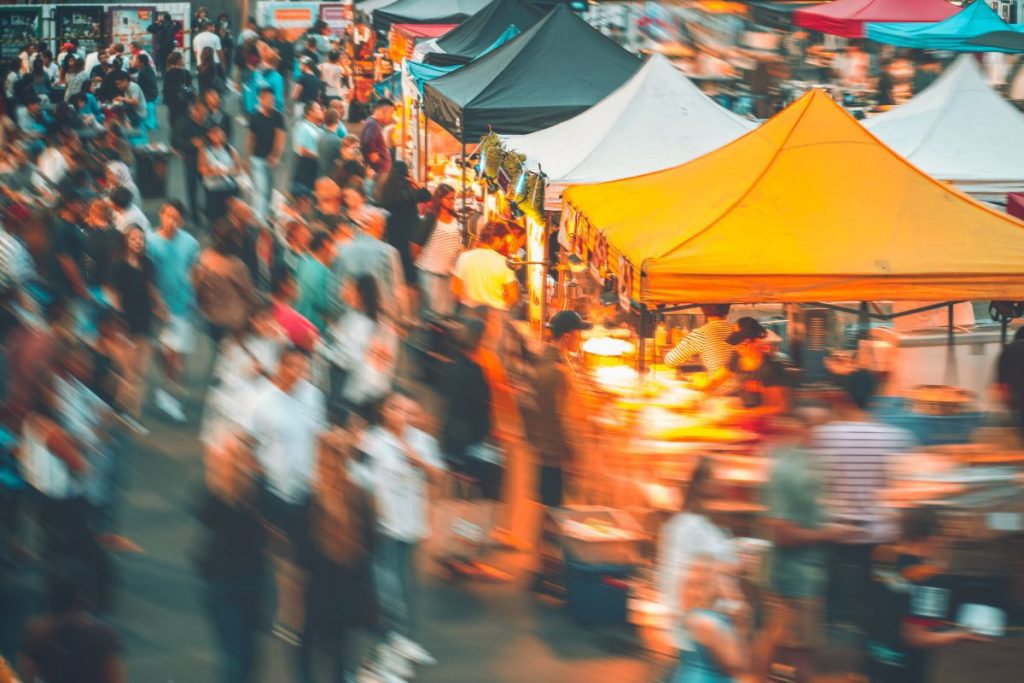
While Ramadan Bazaars are not as widespread in Indonesia as they are in some other countries, they are gaining popularity in certain regions. These bazaars are temporary markets that emerge during the holy month of Ramadan, providing a unique and festive shopping experience for Muslims as they prepare for Iftar, the meal to break their fast.
Here are some details about Ramadan Bazaars in Indonesia:
Timing and Duration: Ramadan Bazaars typically operate during the entire month of Ramadan. They come to life in the late afternoon or evening, just before Muslims break their fast at sunset. The bazaars may last well into the night, creating a lively and bustling atmosphere.
Location: Ramadan Bazaars are set up in various locations, including open spaces, parking lots, and sometimes along busy streets. They are commonly found in urban areas and densely populated neighborhoods.
Food and Snacks: The primary focus of Ramadan Bazaars is on providing a wide variety of foods and snacks suitable for Iftar. Vendors sell an array of traditional Ramadan delicacies, such as dates, samosas, fried snacks, grilled meats, desserts, and various beverages. These offerings cater to the diverse tastes and preferences of the community.
Local Cuisine: In addition to traditional Ramadan fare, Ramadan Bazaars often showcase local Indonesian cuisine, allowing people to explore and enjoy regional specialties.
Community Gathering: Ramadan Bazaars serve as more than just places to buy food. They become community hubs where people gather to socialize, share meals, and enjoy the festive atmosphere. Families often come together to explore the bazaar, creating a sense of unity and community spirit.
Arts and Crafts: Some Ramadan Bazaars include stalls selling Islamic art, crafts, and festive decorations. These items are popular during Ramadan as people decorate their homes and prepare for the celebration of Eid al-Fitr.
Cultural Performances: In some cases, Ramadan Bazaars feature cultural performances, live music, and entertainment to enhance the overall festive experience.
Charity Initiatives: Many Ramadan Bazaars incorporate charity initiatives. Some vendors contribute a portion of their proceeds to charitable causes, and donation drives may be organized to support those in need during the holy month.
Hygiene and Safety: In recent times, there has been an increasing focus on ensuring the hygiene and safety of the food sold at Ramadan Bazaars. Authorities and organizers may implement measures to maintain cleanliness and uphold food safety standards.
Overall, Ramadan Bazaars in Indonesia provide a dynamic and culturally rich experience, allowing people to enjoy the spirit of Ramadan, share in the joy of Iftar preparations, and come together as a community during this special month.
Traditional Performances in Ramadan
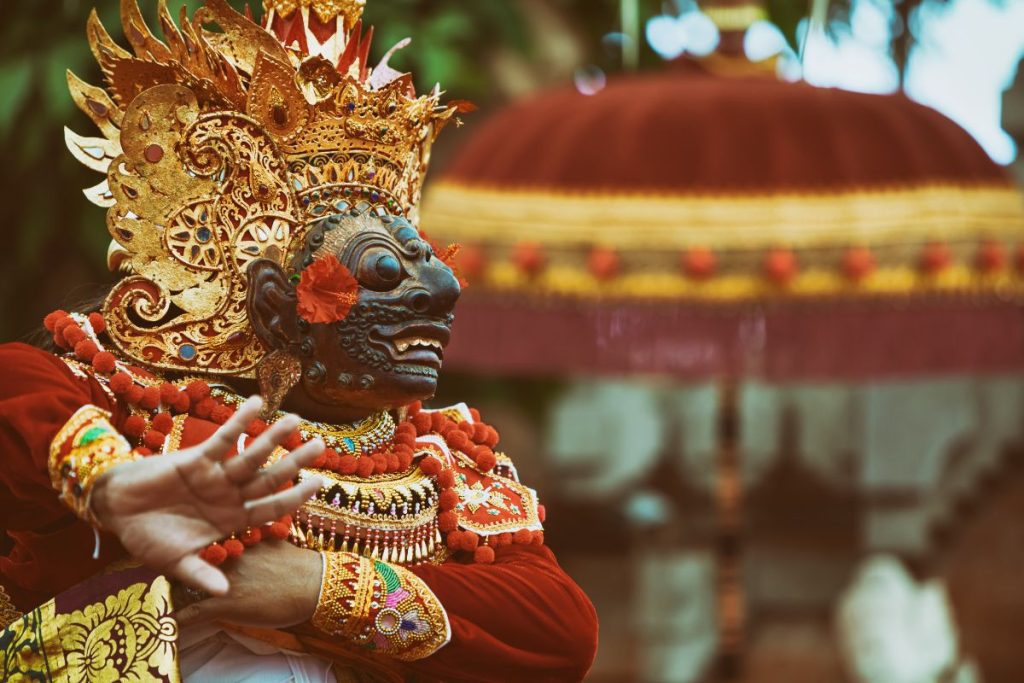
Traditional performances during Ramadan in Indonesia often add a cultural and festive touch to the month of fasting and reflection. These performances vary across different regions and ethnic communities, showcasing the rich diversity of Indonesian culture. Here are some details about traditional performances during Ramadan in Indonesia:
Wayang Kulit (Shadow Puppetry): Wayang Kulit, a traditional Javanese shadow puppetry, is sometimes performed during Ramadan. The stories often revolve around moral and religious teachings, making them relevant to the spiritual themes of the month. The performances may be held in mosques or community centers, providing entertainment while conveying important messages.
Gamelan Music and Dance: Gamelan, traditional Indonesian music played on percussion instruments, is an integral part of cultural performances. During Ramadan, Gamelan music may accompany dance performances that depict religious stories or historical events. The rhythmic and melodic nature of Gamelan adds a distinct cultural flavor to the celebrations.
Qasidah and Marawis Performances: Qasidah music and Marawis performances are forms of Islamic traditional music that are commonly associated with Ramadan. Qasidah typically involves poetic recitations and songs praising Allah and the Prophet Muhammad, while Marawis is characterized by upbeat percussion and vocal performances. These musical genres are often featured in community gatherings and events during the month.
Topeng Dance (Mask Dance): Traditional Topeng dance, which involves performers wearing masks, may be showcased during Ramadan. The dance often portrays religious or historical stories and is accompanied by music and elaborate costumes. These performances contribute to the cultural richness of Ramadan festivities.
Tari Saman (Saman Dance): Originating from Aceh, the Saman Dance is a traditional Indonesian dance that involves intricate hand movements and patterns. While not exclusively performed during Ramadan, the Saman Dance may be featured in cultural events and gatherings, adding vibrancy to the celebrations.
Lenggang Nyai Dance: Lenggang Nyai is a traditional dance from Betawi, Jakarta’s indigenous people. The dance is characterized by graceful movements and colorful costumes. During Ramadan, Lenggang Nyai performances may be organized as part of cultural events and celebrations.
Pentas Bedug (Drum Performances): Pentas Bedug, or drum performances, are traditional musical acts that involve the use of large drums. These performances are often held in mosques and community centers, providing rhythmic accompaniment to various events during Ramadan.
Cultural Storytelling: Traditional storytelling sessions, known as “cerita rakyat” or folk tales, may be organized during Ramadan. These sessions often convey moral lessons and historical narratives, contributing to the cultural and educational aspects of the month.
These traditional performances during Ramadan serve not only as entertainment but also as a means of cultural expression, fostering a sense of community and heritage. The diversity of Indonesia’s cultural traditions is showcased during this sacred month, enriching the overall Ramadan experience.
FAQs About Visiting Jordan During Ramadan
Absolutely! Tourists are welcome to join Ramadan bazaars, cultural events, and communal iftars.
Transportation services may experience increased demand during iftar and suhoor times. Plan accordingly for potential delays.
Many hotels provide special Ramadan packages, including iftar meals and cultural experiences. Check with your accommodation for details.
No specific restrictions, but it’s recommended to be considerate. Non-Muslims can still enjoy the cultural festivities and attractions.
Tourists can contribute to local charities, food drives, or volunteer at community events organized during Ramadan.
Yes, exploring local markets and neighborhoods allows tourists to observe the bustling preparations for Eid, such as buying new clothes and festive decorations.
The last ten nights are considered particularly sacred. Indonesians engage in increased prayers, seek spiritual reflection, and participate in special religious activities.
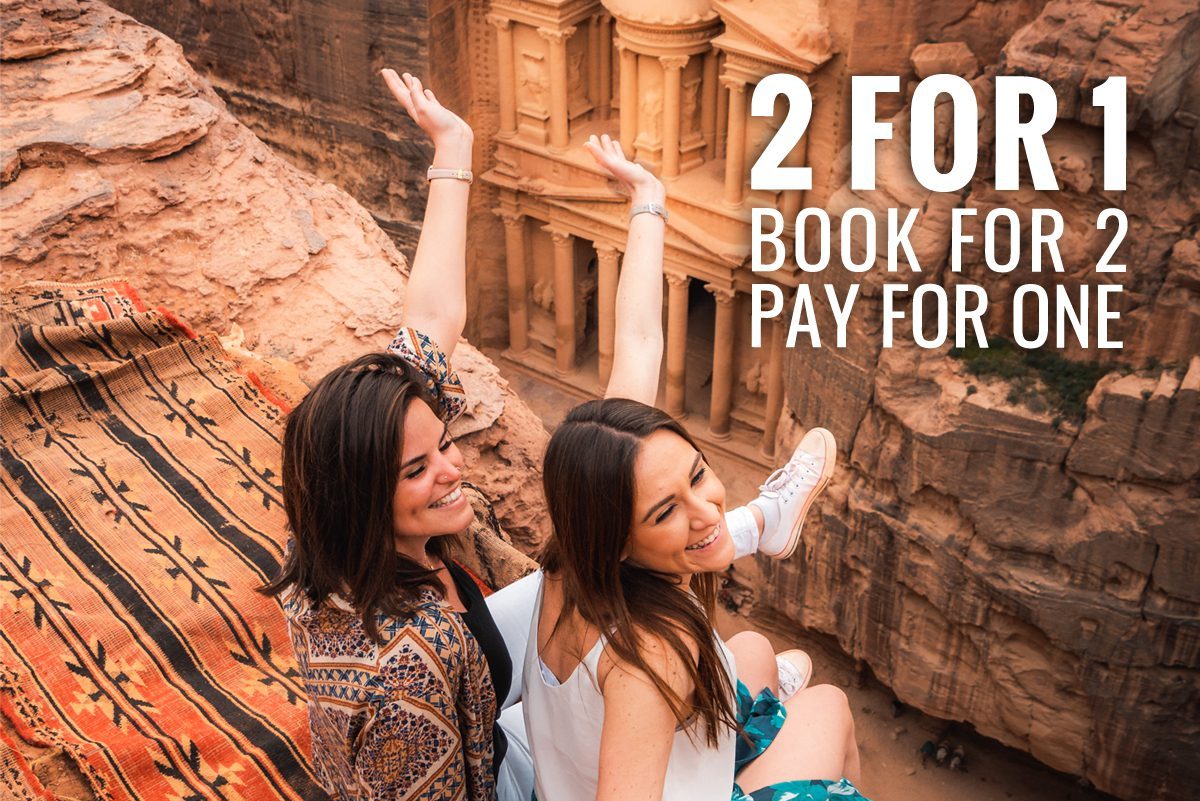 Spring Sale: 2 FOR 1
Spring Sale: 2 FOR 1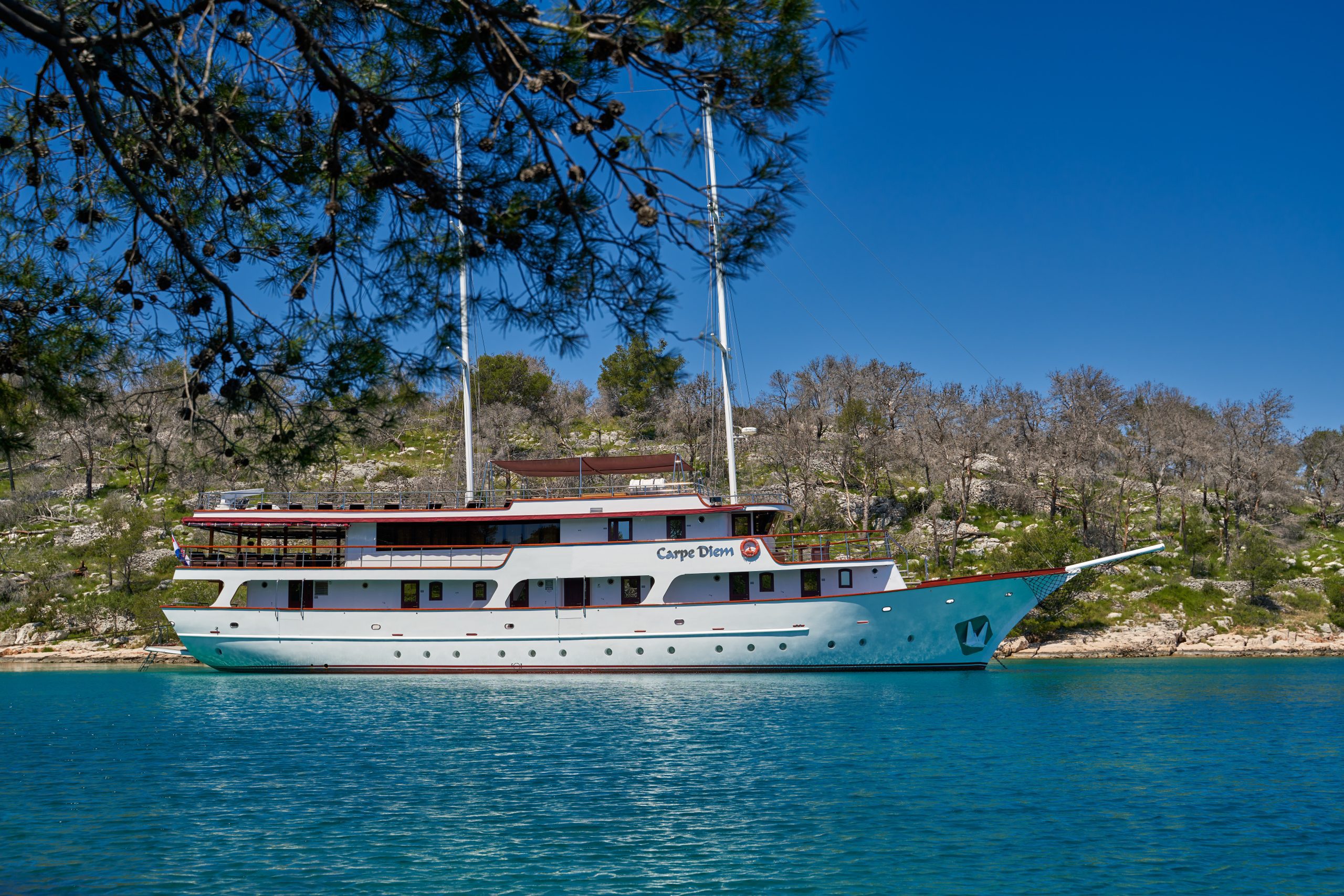 Croatia Sailing 2024: 2 For 1
Croatia Sailing 2024: 2 For 1 Greece Trips : 2 For 1
Greece Trips : 2 For 1 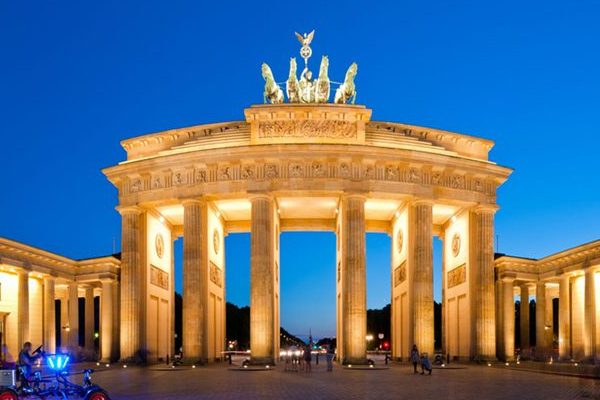 Central & Eastern Europe Tours: 2 For 1
Central & Eastern Europe Tours: 2 For 1  Why Travel Talk
Why Travel Talk Safe Travels with Travel Talk
Safe Travels with Travel Talk Fair Travels with Travel Talk
Fair Travels with Travel Talk Travel Talk Blog
Travel Talk Blog